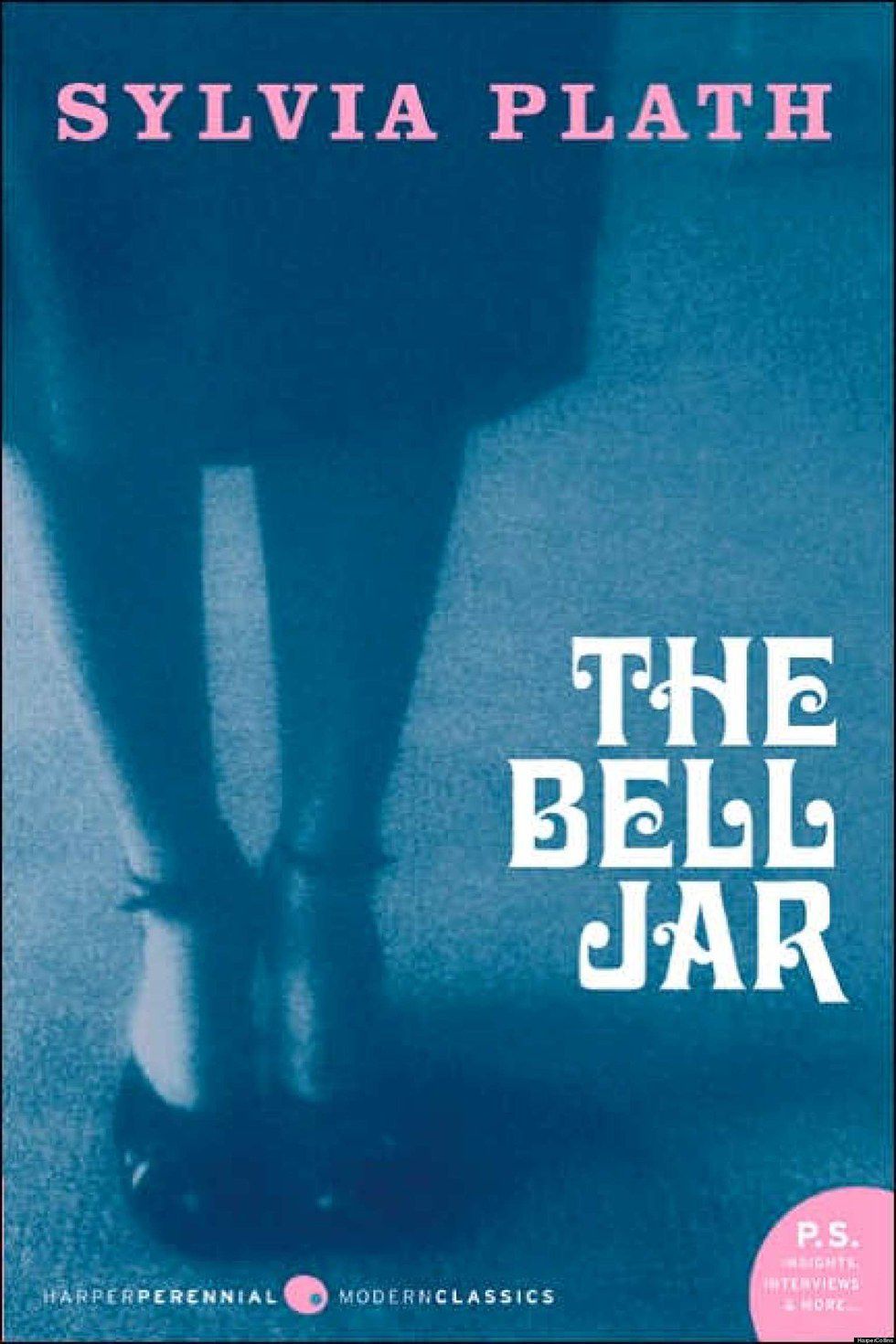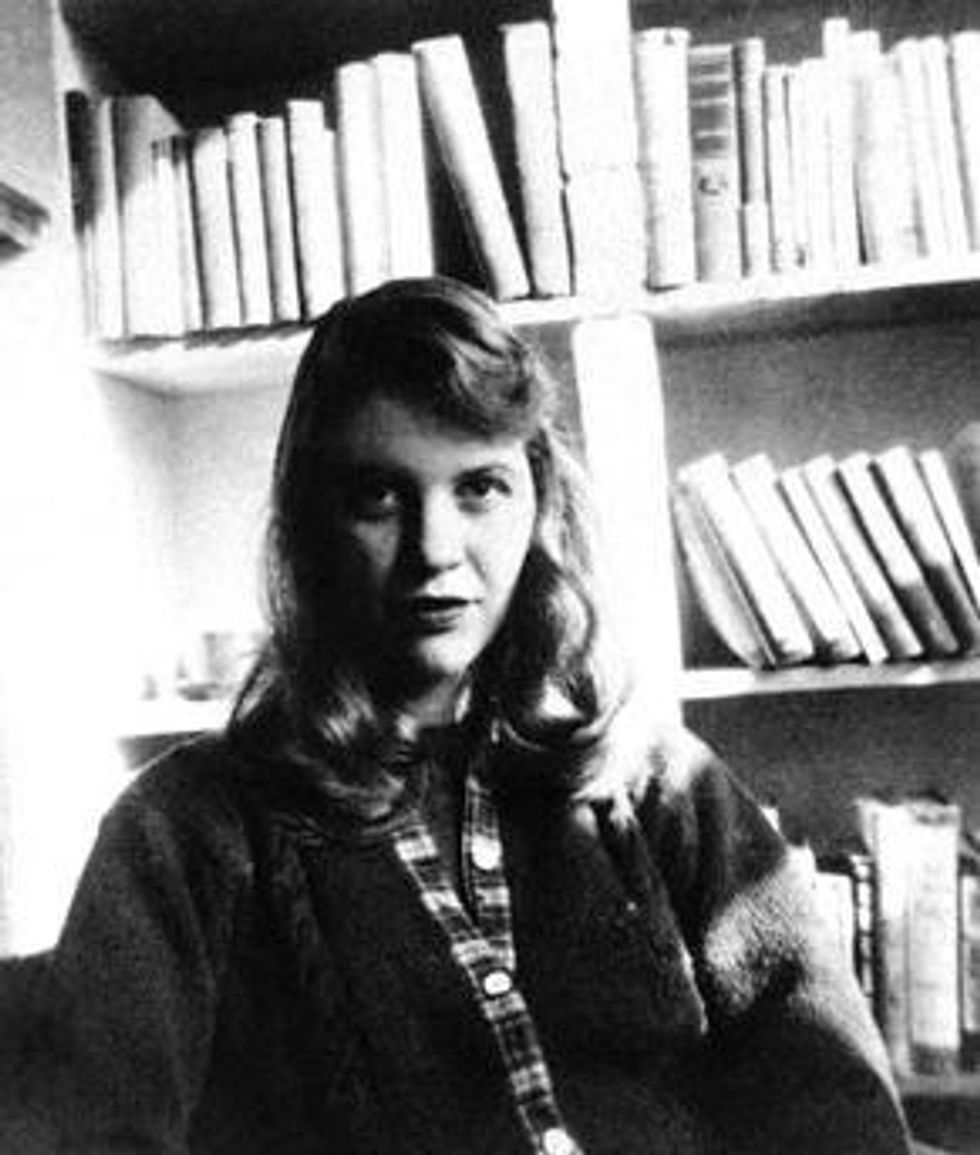In 2017, production for Kirsten Dunst’s cinematic version of The Bell Jar by Sylvia Plath, will begin. Dakota Fanning is set to play the main character, Esther Greenwood, who lives in New York City. The novel, The Bell Jar is relatively autobiographical; from the stories and life of author and poet Sylvia Plath, with a change of names throughout the text.
It is fair to say that most prevalent stigma surrounding the name, “Sylvia Plath” is “the woman who stuck her head in the oven.” Plath is seen by some as an indicator of the need for feminism in the 20th century, and on the same notion, the author broke many strides towards achieving such equality. Arguably, many others view her as an anti-feminist, not advocating for women, and an insane mother who abandoned her children.
Plath wrote her novel, The Bell Jar, in the 1960’s. She published it under the pseudonym “Victoria Lucas.” After the book was published, it did not receive the enthusiasm which she had hoped for it. It is important to note this when considering the controversies within the novel and the fine line between autobiography and biography that she often crosses, while trying to cover this fact up.The novel surrounds the life of Esther Greenwood, Sylvia Plath’s “alias."
Sylvia Plath suffered from a tremendous illness; depression, and this weighed down her entire life, from childhood on. In complete contrast to that, it is important to note the genius of this woman. She understood she was in pain, she was able to express it in her writing, but she was not able to cure herself. This doesn’t mean she wasn’t able to experience joy. She loved her children, her husband, and the notion that she could at any given moment, pretend to be anyone but herself. Unfortunately, like all of those suffering from this illness, she could not turn it off, and lived with the burdens of her own pain forever. Each time I pick up the Bell Jar once again, I almost cannot put it down, except that often I have to, as the eerie-melancholy energy that sweeps through my body as each heavy paragraph comes and goes, is a lot to mentally process. Plath is extremely difficult to understand without having read this novel, her biography in a greater sense, to understand that while her depression stemmed from many triggers at a young age, such as the passing of her father, and her relationship with him, she, like most of us, have an inability to understand why we can’t always cheer ourselves up.
On another note, to say that Plath is the most depressing author and poet is simply false. In all her glory, Plath produced the most spectacular works of literature and poetry, and utilized her depression in a relatively way. Plath saw the world in the most positive light, embracing every moment in which she felt joy, saw beauty, and held happiness as close as she could. To quote the novel, while skiing, Plath says, “I felt my lungs inflate with the on-rush of scenery-air, mountains, trees, people. I thought, “This is what it is to be happy.”


















































